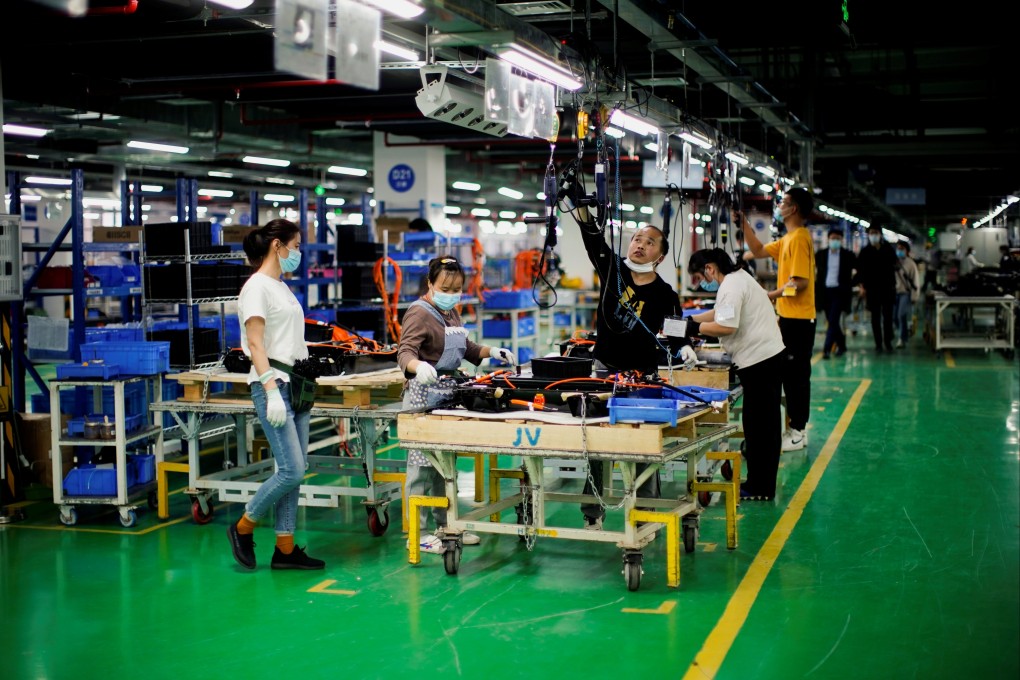Advertisement
Higher electric-car prices unlikely to deter demand even as battery suppliers pass on costs to maintain profitability, Fitch says
- Rising costs of key raw materials, such as lithium and nickel, have put pressure on the profitability of EV battery suppliers since the second quarter
- Battery prices in China have risen between 20 and 30 per cent in the second quarter, forcing EV makers to pass on the burden to consumers
Reading Time:2 minutes
Why you can trust SCMP
1

The prices of electric vehicles (EV) are forecast to rise over the next two years as battery suppliers pass on the rising costs of raw materials to carmakers to maintain profit margins, according to a report by Fitch Ratings.
However, the higher sticker prices are unlikely to hurt demand, as sales will continue to expand under the transition to vehicle electrification as part of the global commitment to reduce carbon dioxide emissions to fight climate change, the report added.
Since the second quarter of this year, rapidly growing costs of essential raw materials, such as lithium and nickel, have put pressure on the profitability of EV battery suppliers because of the supply-demand imbalance along the battery value chain, Fitch analysts Cathy Chao and Jing Yang said in a report on Monday.
Advertisement
“We expect profitability at leading producers to continue to recover after negotiating pass-through mechanisms to transfer higher costs to automakers,” they wrote.
The spot prices of battery-grade lithium have risen from below US$20 per kilogram in the third quarter last year to nearly US$80 per kg in the second quarter because of surging demand for lithium carbonate fuelled by stronger-than-expected global EV sales and a lag in supply due to mining underinvestment, according to Fitch.
Advertisement
Lithium prices are expected to remain high at around US$65 to US$70 per kg till the first quarter of next year, according to London-based commodities consultancy CRU Group.
Advertisement
Select Voice
Select Speed
1.00x
